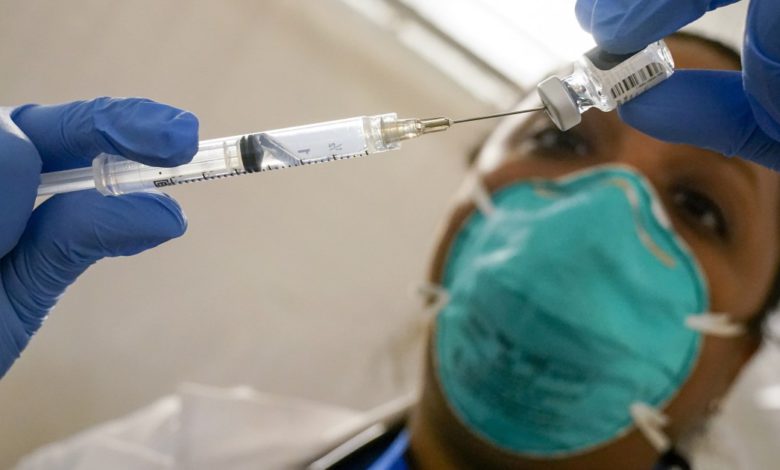
As the Biden administration is expected to recommend booster shots for most Americans who have already received two doses of the COVID-19 vaccine, medical professionals said one big issue stands out for people who haven’t received any doses at all: overall hesitancy about the shot.
“One of the biggest problems that we have right now with this pandemic is vaccine hesitancy,” Dr. E. Steve Woodle, director of solid organ transplantation at UC Health, said.
According to data from the Ohio Department of Health, more than 440,000 people got their first dose of the vaccine, but not their second.
Woodle said the side effects of the vaccine’s second dose may be what’s contributing to vaccine hesitancy – he worries it may prevent people from getting a third shot.
“I mean, that’s a possibility,” he said. “And, so far, we have not, you know, the incidents of severe reactions to the vaccine are very low.”
There’s one group of patients Woodle said should have little hesitancy: transplant patients who have weakened immune systems.
“We’ve got a significant portion of the population that remains susceptible to infection, and that results in the long-term persistence of the COVID epidemic or pandemic,” he said.
Don Melillo had a liver transplant nine years ago.
“I had a liver transplant, but whether it be a kidney or any other sort of organ transplant,” he said. “And there still has been a lot of doubt, or information, lack of information, really, about how well does it protect us?”
Milillo said as soon as he heard booster shots were available, he went online to make an appointment. The next day, he got his third dose of COVID-19 vaccine at a local CVS.
The data is clear for transplant patients and other patients taking immune-suppressing medications, Woodle said.
“These patients don’t develop as robust a response to the vaccine,” he said. “So, if they have an opportunity to get a third dose or a booster, if you will, they should strongly consider it, and we’re recommending that for our transplant patients.”






